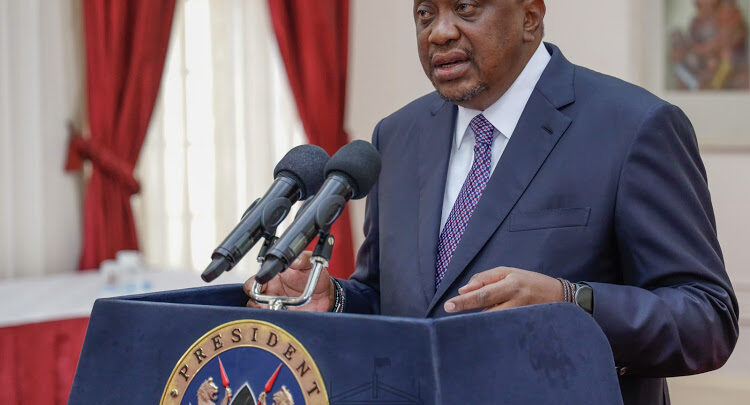
Kenyan President Uhuru Kenyatta has rejected a ruling by the International Court of Justice that favors Somalia in a years-long dispute over the two countries’ maritime border, reported France 24.
The dispute between Somalia and Kenya is over a 150,000 square-kilometer (58,000 square-mile) area that is believed to be rich in oil and gas. The two countries disagree over where each country’s border in the Indian Ocean starts and ends.
While Somalia says the boundary should run in the same direction as the southeasterly path of its land border, Kenya argues the border should take roughly a 45-degree turn at the shoreline and run in a latitudinal line.
In 2009, the two countries had signed an UN-backed memorandum of understanding to settle the boundary dispute through negotiation. But five years later, Somalia said the negotiation talks with the Kenyan government had failed and it went to the ICJ instead.
The ruling, announced on Tuesday, gives Somalia control of most of a potential oil and gas-rich chunk of the Indian Ocean while adjusting the border slightly northward.
The 14-judge panel rejected Somalia’s claim that Kenya had violated its sovereignty by operating in its territorial waters. The Somalia government had also asked for compensation from Kenya.
“While Kenya is not surprised by the decision, it is profoundly concerned by the import of the decision and its implications for the Horn of Africa region, and international law generally. At the very onset, Kenya wishes to indicate that it rejects in totality and does not recognize the findings in the decision,” the Kenyan president said.
Kenyatta said the ruling will damage its relationship with Somalia.
Somali President Mohamed Abdullahi Farmaajo said his government fully accepts the ICJ verdict. He also urged his Kenyan counterpart to respect the ruling.
The ICJ ruling cannot be appealed and is legally binding, but, last week, just a few days before the final verdict, the Kenyan government had announced that it withdrew its participation from the case and do not recognize the court’s compulsory jurisdiction. It called The Hague-based court biased.






